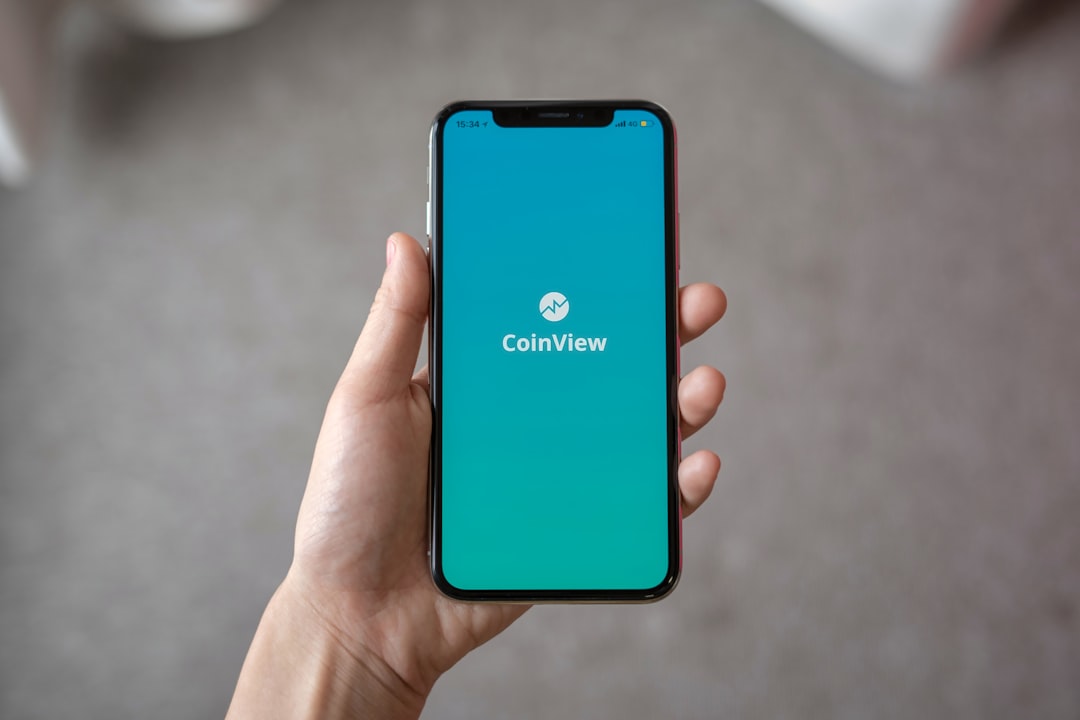West Virginia's Telephone Consumer Protection Act (TCPA) restricts automated marketing calls, with strict enforcement by the Attorney General's Office. Shady Spring residents facing robocall harassment can resolve it out of court, offering privacy and swift compensation. However, such settlements may weaken legal protections against spam call law firms in West Virginia, encouraging further aggressive spamming if compensation and penalties aren't stringent enough. Residents must understand their rights and pursue justice to curb unwanted calls effectively.
In the modern era of relentless robocalls, Shady Spring residents face a growing nuisance. This introduction explores the complex landscape of robocall regulations in West Virginia and delves into the pros and cons of settling these cases out of court. With a focus on local spam call lawsuits, we analyze how out-of-court settlements impact consumers and whether they provide an effective solution or merely a temporary respite from intrusive marketing calls. Explore these considerations to better understand the legal implications for Shady Spring residents seeking recourse through West Virginia spam call law firms.
Understanding Robocall Regulations in West Virginia

In West Virginia, robocall regulations are governed by the Telephone Consumer Protection Act (TCPA), a federal law designed to curb excessive and unwanted telemarketing practices. This legislation gives consumers powerful protections against spam calls, particularly from law firms. The TCPA restricts automated phone calls for marketing purposes unless the caller has obtained prior express consent from the recipient. West Virginia’s Attorney General’s Office actively enforces these rules, ensuring that law firms operating within the state adhere to the spam call law.
Law firms engaging in robocalling activities must be mindful of the strict guidelines set forth by the TCPA. Failure to comply can result in significant financial penalties and damage to their reputation. To avoid such pitfalls, reputable law firms in West Virginia should invest time in understanding and adhering to these regulations, ensuring they obtain valid consent for automated calls and offer recipients a way to opt-out of future communications.
Pros of Out-of-Court Settlements for Shady Spring Residents

For residents of Shady Spring, settling robocall cases out of court offers several advantages. Firstly, it provides a swift resolution to the issue, which is especially beneficial for those who have been consistently disturbed by unwanted calls. By avoiding lengthy legal battles, individuals can regain control over their time and privacy. Moreover, out-of-court settlements often result in more immediate financial compensation, allowing victims to recover quickly from any monetary losses incurred due to these pesky robocalls.
Another perk is the potential for a more amicable resolution. When dealing directly with the opposing party or their legal representatives, there’s an opportunity to explain the impact of these calls on one’s life and negotiate a settlement that considers emotional distress or other non-monetary damages. This approach can foster a sense of justice and closure without the public stigma sometimes associated with court cases, especially when dealing with issues related to the Spam Call Law Firms in West Virginia.
Cons and Legal Implications for Spam Call Lawsuits

While settling robocall cases out of court can offer a swift resolution for some in Shady Spring, there are notable cons to consider, especially for those seeking justice against spam call law firms in West Virginia. One significant drawback is the potential loss of financial compensation that a trial could bring. Many victims of unwanted calls may not have the time or resources to commit to a lengthy legal battle, but they still deserve fair and adequate restitution. Out-of-court settlements often result in lower payouts, which might not cover the full extent of emotional distress and invasion of privacy caused by these spam calls.
Moreover, settling outside of court can lead to less stringent penalties for the offending law firms. Legal implications and consequences may be weakened, potentially setting a precedent that encourages more aggressive spam call campaigns across West Virginia. It’s crucial for residents to understand their rights and explore all options to combat this growing issue, ensuring that justice is served and unwanted robocalls are curbed effectively.






